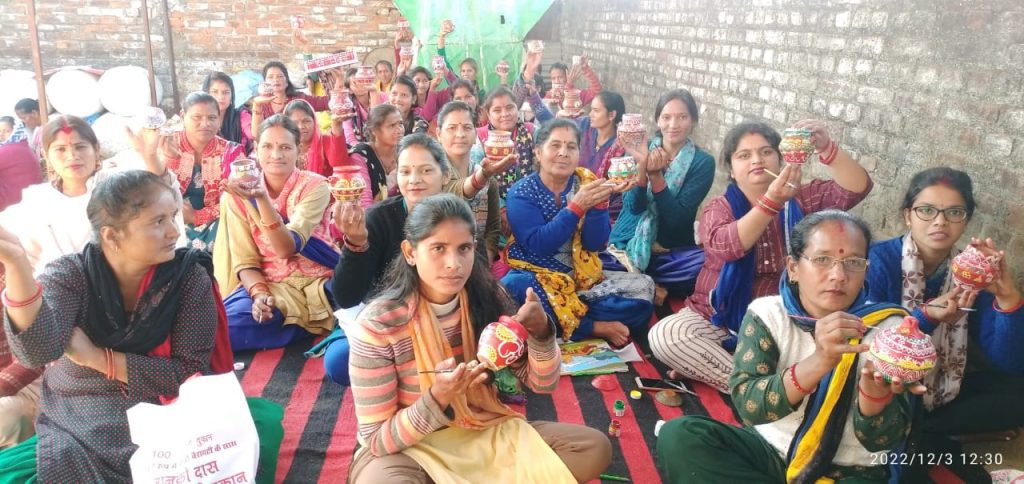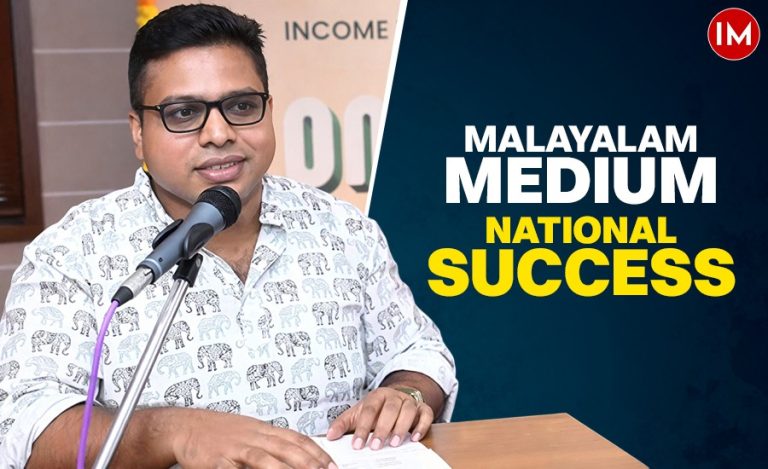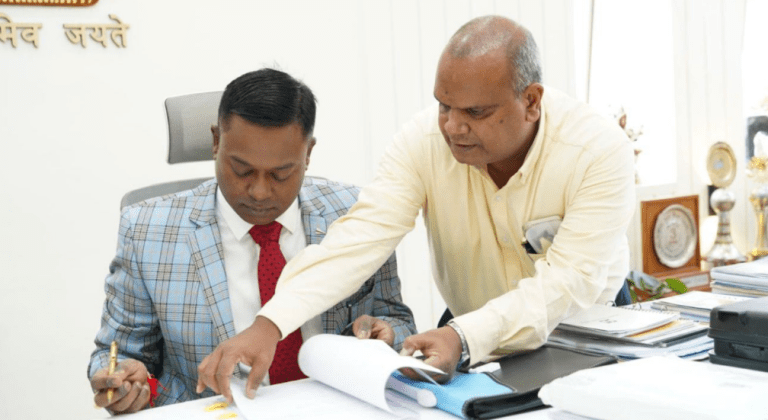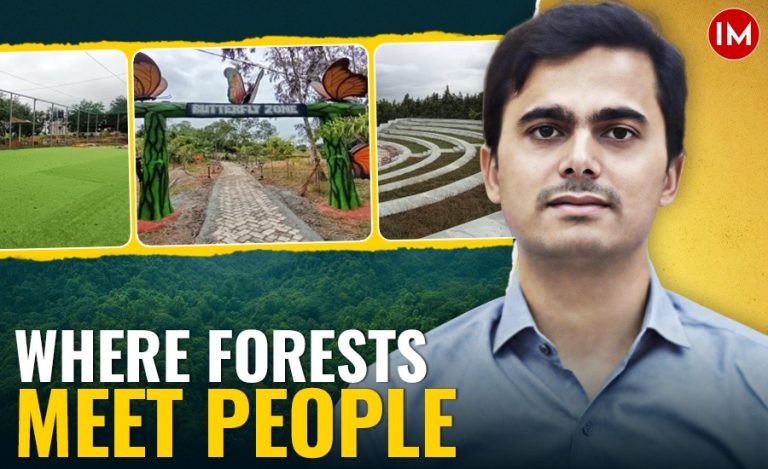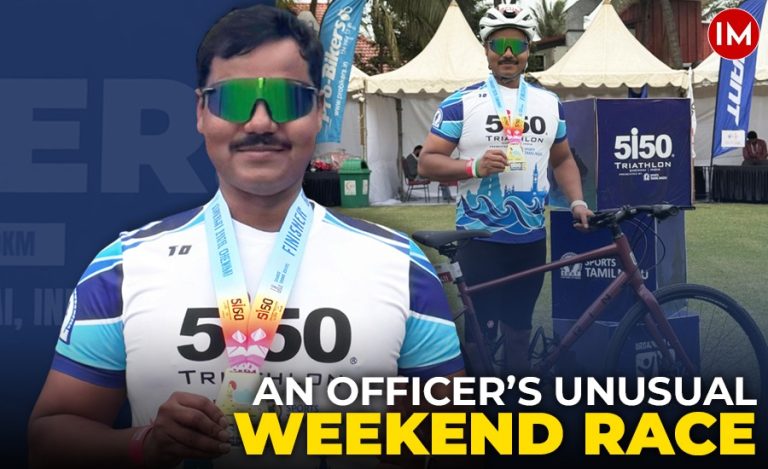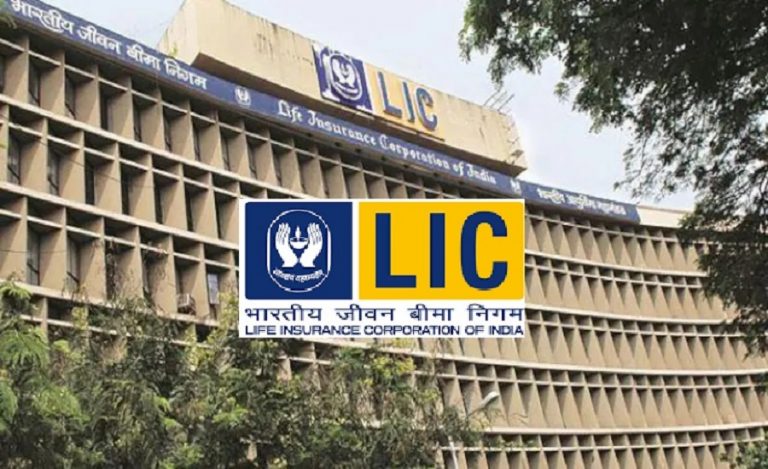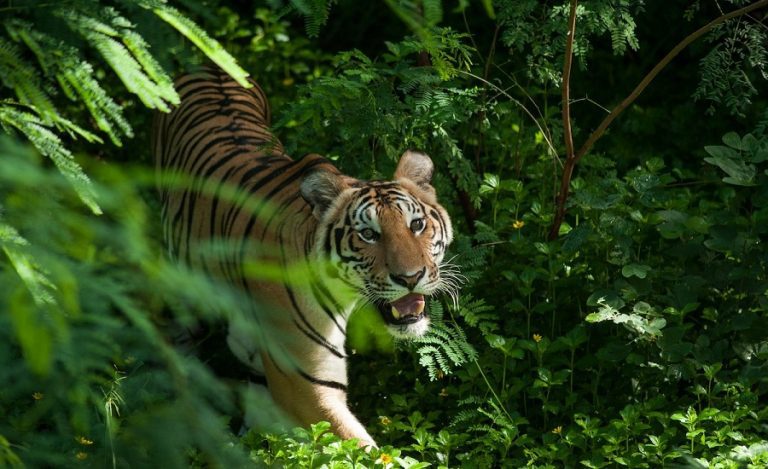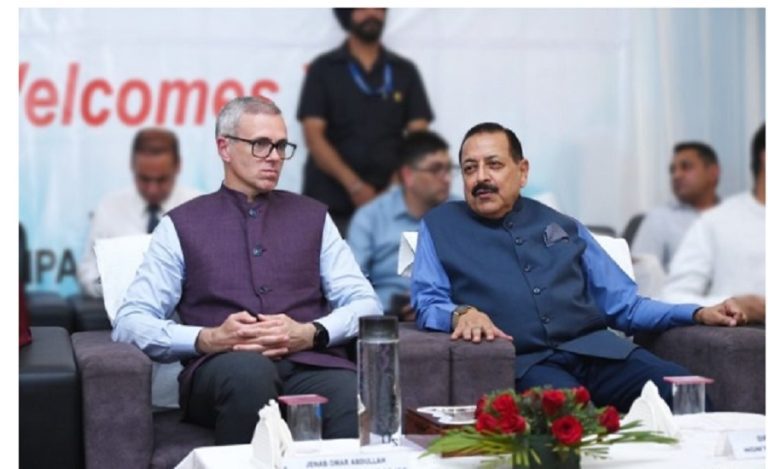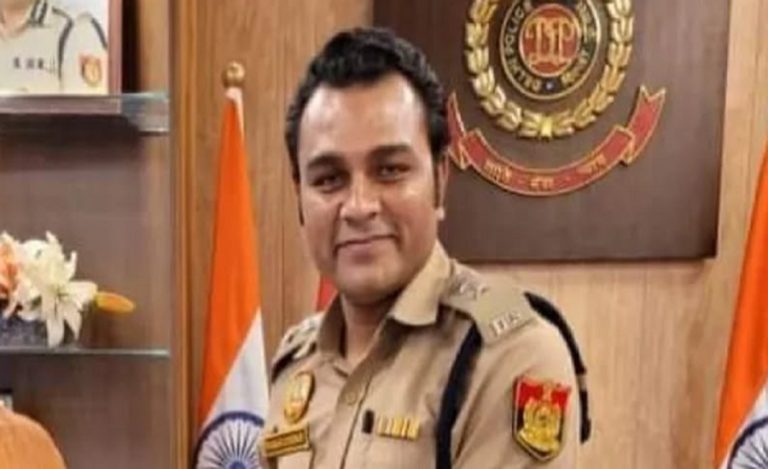To encourage alternative income generation activities for the villagers living in fringe villages of Corbett Tiger Reserve in Uttarakhand, forest officials are giving them training to to make souvenirs, which will be sold as original souvenirs of Corbett. It is a step towards ecological conservation as well as participatory governance. The souvenirs will also have a trademark logo of Corbett to lend authenticity,and will represent the culture of Uttrakhand and carry forest conservation messages.
More than 300 villagers will be given this training. And the good thing is, the National Tiger Conservation Authority (NTCA) has given clearance to set up bamboo outlets at the entry gate and other points in the park to sell the souvenirs.
Indian Masterminds interacted with 2004-batch IFS officer and Field Director of Corbett Tiger Reserve, Dr. Dheeraj Pandey, to get more details about this initiative.

SOUVENIR INITIATIVE
The villagers chosen for the training are members of eco-development committees of Corbett who lives in the buffer areas of park. The main idea behind this initiative is to generate alternative income for the villagers and reduce their dependency on forest areas.
Dr Pandey said, “In the fringe areas of Corbett Park, there are frequent human-wildlife conflict. We are now trying to provide an alternative employment to the people who are directly affected by the conflict and trying to end their dependence on forest areas. First, we are training them in the art of making souvenirs, and, then, whatever profit will be made on that souvenir will be given to the maker. We have already submitted the Corbett logo, that the souvenirs will carry, for trademark registration.”
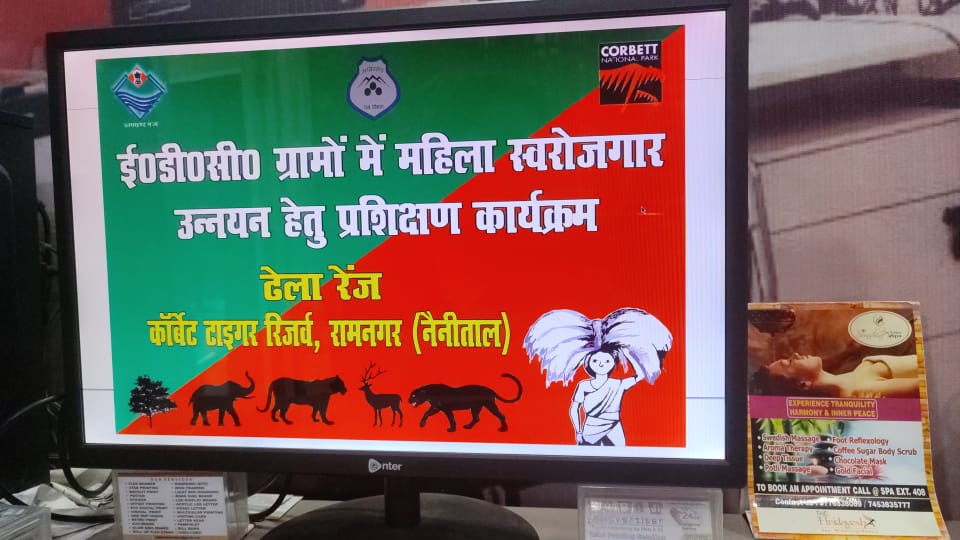
TRAINING WOMEN
For the training, which started in October, the reserve administration is working closely with the Eco-Development Committees (EDC), which the villagers are part of.
“There are about 40 committees, out of which, 20 committees are doing this work directly by joining us. The women members of these committees are also taking the training. About 50 of them were trained in the first phase and 60 are being trained now. We will give training to a total of 300 women,” Dr Panday said.
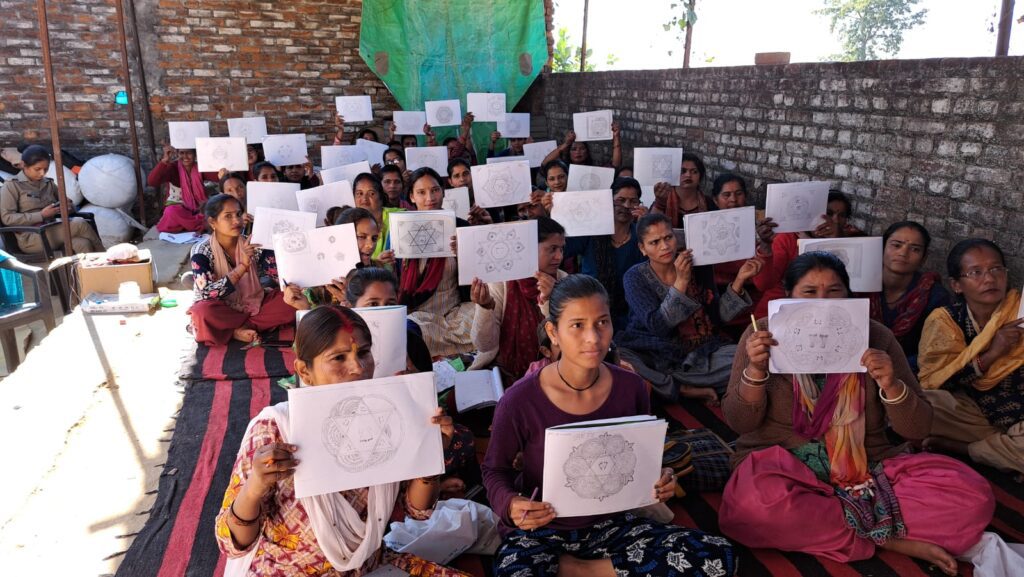
PROFIT SHARING MODEL
This is a profit sharing model which will be beneficial for the villagers. They will be provided free of cost raw material EDCs through foundations and NGOs. They also get to keep the profitsof the sales. “A nominal percentage will also go to the shop owners, but the major part will go to the makers and will be directly transferred to their accounts,” said Mr. Panday.
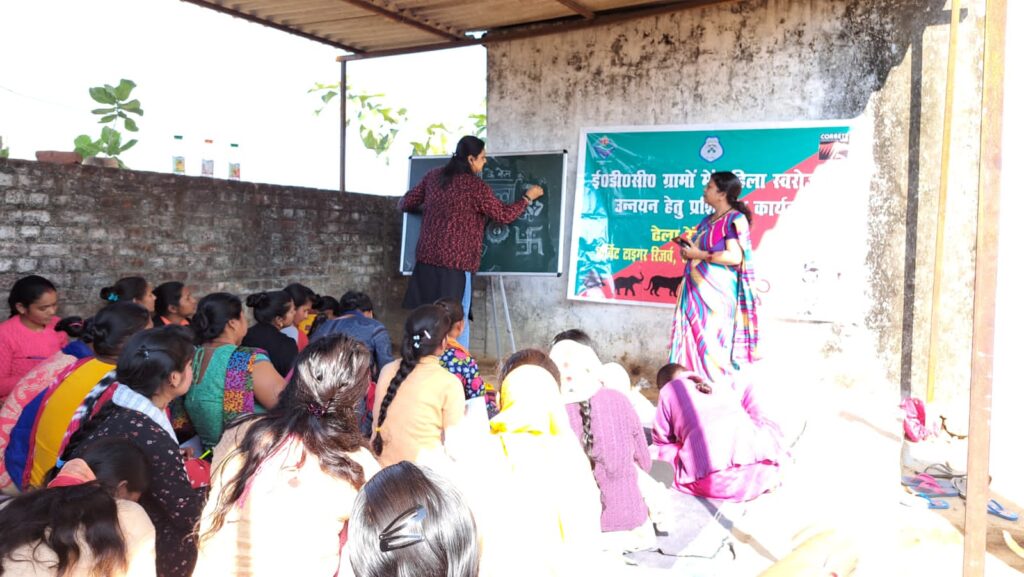
CULTURE REPRESENTATION
The souvenirs will be sold at shops at the entry gates of the park and even nearby shops. And all souvenirs will carry a trademark Corbett logo. The products are diversified, representing the culture of Uttarakhand, promoting forest conservation, and representing the common people of the state. “We did a preliminary study on what tourists want as souvenirs, and on that basis, we are making a range of diversified products that also include local handicrafts,” Mr. Panday informed.
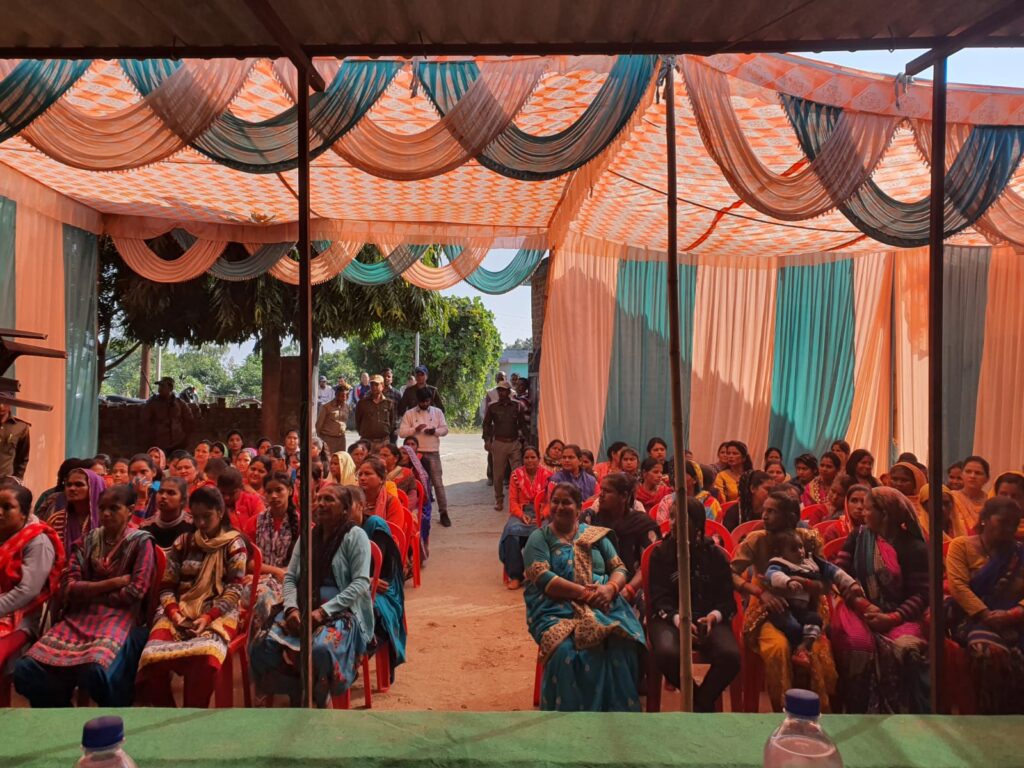
This will serve two purposes. It will promote the local culture of Uttarakhand by linking it to conservation. And, tourists will happily take home a Corbett souvenir with a distinct local stamp and an important conservation message.

